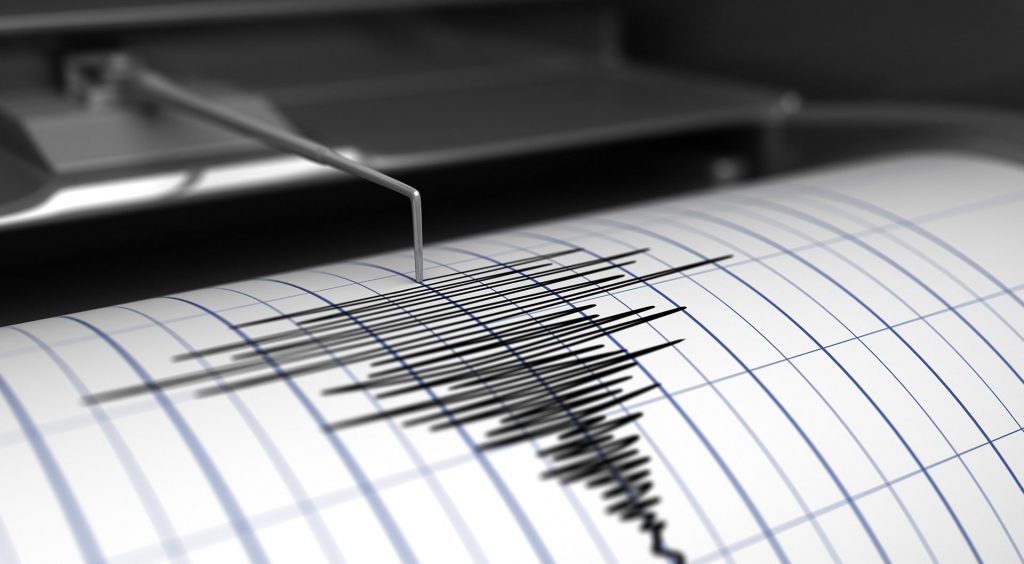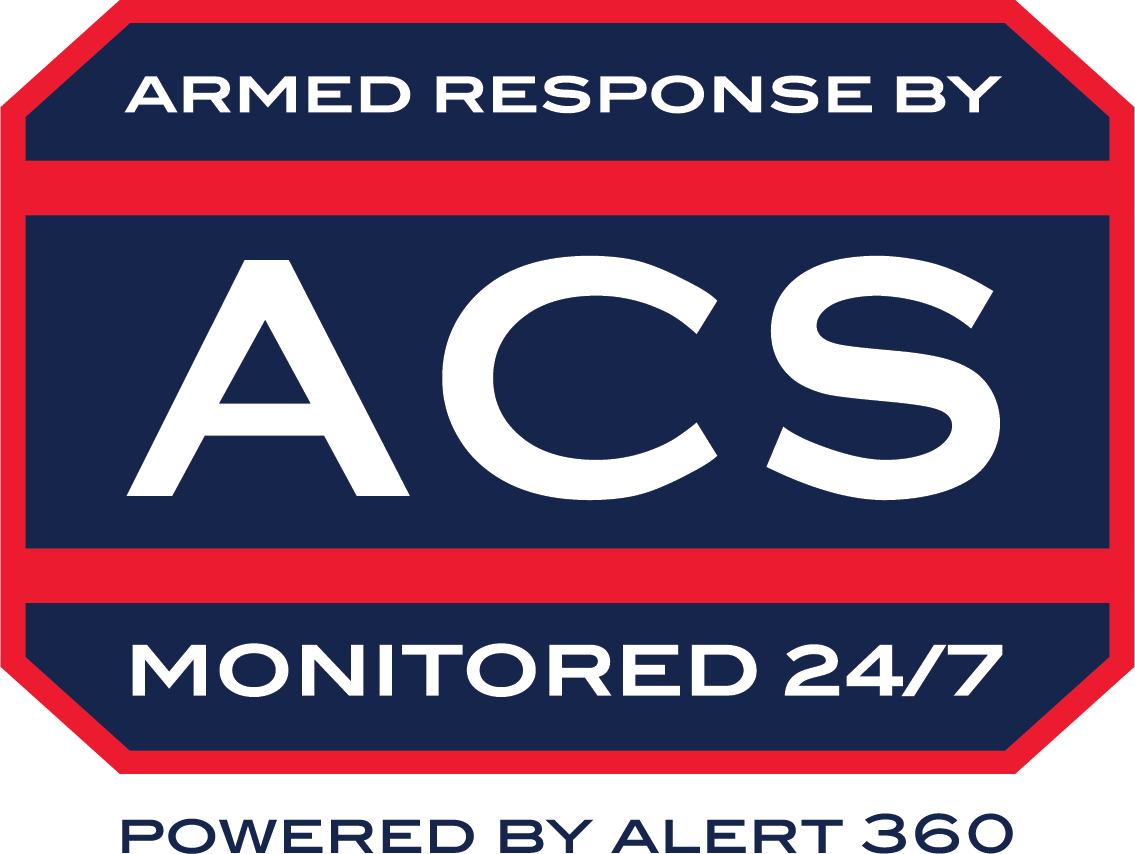
Earthquake Safety Tips
As residents of Southern California, we are all reminded that we live on an active fault line when we occasionally experience trembles. While many times no fatalities or major building collapses occur, we wanted you to be aware of steps you can take to protect yourself before, during, and after an earthquake.
How to Prepare for an Earthquake Now
- Create a family communication plan and select an out-of-state contact with whom you can all communicate. Be sure to let the person know!
- Identify a place in every room where you could go during an earthquake to avoid potential falling objects.
- Establish a meeting place outside of your home in case you get separated.
- Practice Drop, Cover, and Hold On drills (see below).
- Secure large items in your home such as dressers, televisions and items that hang on walls. Install reinforced latches on kitchen/dining room cabinets and strap your water heater to wall studs.
- Move large, breakable items to lower shelves.
- Pack an earthquake supply kit that includes canned and non-perishable food, can opener, water (3 gallons per person), dust mask, goggles, battery-operated radio, flashlights, extra batteries, charging supplies for cell phones and other devices, a current first aid kit, and a whistle. Store this in an accessible location known to all family members.
- If you do not already have one, purchase a fire extinguisher and familiarize yourself and family members with how to operate.
- Know how to turn off your gas and water main supplies and instruct all appropriate family members.
- Store 43362 (4FEMA) in your mobile phone so you can use it to find shelter if necessary (see below).
- Keep at least a half-tank of gas in your car (but do not drive during an active earthquake).
How to Survive During an Earthquake
- Drop, Cover, Hold On: According to FEMA, this is the recommended position to take should an earthquake strike.
- Drop to the ground.
- Cover your head and neck with one hand and get under a desk or table.
- Hold on to the desk or table leg so it stays over you.
- Do NOT stand in a doorway, which is a commonly held belief. Doorways in modern homes are not typically strong, and you risk being struck by falling or flying debris, which is the most common cause of earthquake injuries.
- Avoid windows and light fixtures and stay away from heavy furniture or bookcases that could fall on you.
- If you’re inside, resist the temptation to run outside as parts of building exteriors can become dislodged and strike you.
- If you’re driving, remain in your car, but move to a safe place away from trees, overpasses, and wires.
- Avoid elevators, and wait until shaking stops before taking the stairs to exit the building.
How to Remain Safe After an Earthquake
- There will likely be aftershocks, so be aware in the hours following a major earthquake.
- Make sure it is safe around you before moving or exiting the building.
- If you’re stuck, close your mouth to avoid inhaling fumes or debris; if you have access to your gas mask and goggles from your safety kit (see above), use them. Send a text, bang on a nearby object, or use your whistle to help rescuers locate you.
- Make only emergency phone calls. Since call volume typically exceeds carriers’ capacity, choose to text or instant message instead.
- Look for any small fires and extinguish them.
- If your home is no longer safe, go to a designated shelter. Text SHELTER + your zip code to 43362 (4FEMA) to find the nearest shelter.
- Once you’re safe, monitor news reports for alerts and emergency information and instructions.
- Inspect your utilities, checking for gas leaks and any damage to electrical, sewer or water lines.
- Clean up any flammable spilled liquids immediately, as well as bleach, medicine, etc. Be sure to leave the area if you smell gas or chemical fumes.
- Before doing any additional clean-up, put on long pants, long-sleeved shirt, sturdy shoes and work gloves to protect yourself against sharp objects.
- Be careful when opening cabinets as items could fall.
We value the safety of all of our ACS Security customers. Your safety is our top priority and we remain committed to sharing tips and information that will hopefully provide a measure of comfort and value.
